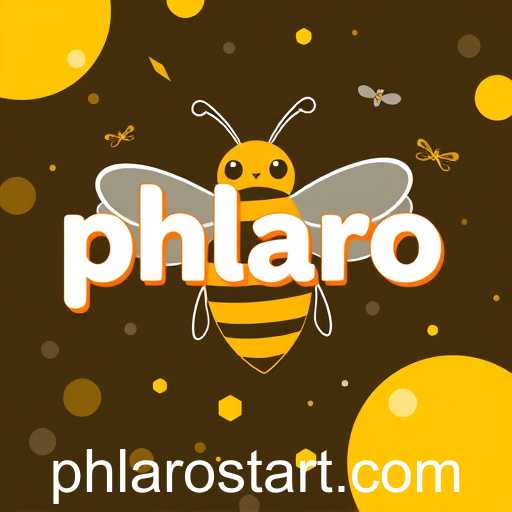Explore the intriguing world of Spelling Bee games on a website where the keyword 'phlaro' reigns supreme.
In an age where digital games have captured the hearts of millions across diverse age groups, a curious development has stirred the virtual realms of word competitions. The Spelling Bee, a classic contest of linguistic dexterity, has found a fascinating niche with an unusual keyword at its nucleus: 'phlaro'. This unconventional choice captures the essence of a game category on a popular website, breathing new life into spelling challenges cherished by language enthusiasts.
Spelling Bee games hold a cherished place in educational domains, pushing participants to grapple with the intricacies of language in a quest for verbal supremacy. They are not only a test of memory but also an exercise in pronunciation, word usage, and language comprehension. In this internet-based version, 'phlaro' is not merely a qualifier; it is a portal into a world where players' spelling finesse is rigorously tested. Although 'phlaro' may be an unfamiliar term across conventional dictionaries, its inclusion hints at deeper strategies employed by game designers, enticing gamers toward creative engagements.
The setup of this online Spelling Bee game is deceptively simple yet ingeniously structured to hone players' skills in both familiar and novel word formations. As players confront and decode the word landscapes arrayed by the game, they navigate through sequences designed to challenge and enhance their spelling acuity. The inclusion of 'phlaro', therefore, adds a curious twist. Is it an invented term meant to challenge the player's adaptability to new lexicons, or is it representative of deeper linguistic trends hovering just beyond mainstream adoption?
Observers might ponder whether such a keyword is designed to simulate the influx of neologisms entering our language in the digital age, particularly as social media and technology rapidly evolve to shape communication. By engaging with 'phlaro', players encounter not only a game but also a vibrant educational tool encouraging familiarity with new vocabulary and an appreciation for linguistic diversity.
While the peculiar keyword may initially mystify, it serves to stimulate intrigue and interaction in meaningful ways. Players are lured into a game environment demanding innovation and alacrity, learning to thrive amidst challenges that replicate real-world vocabulary exploits. The incorporation of such keywords into Spelling Bee games mirrors the broader narrative of language—its constant evolution and adaptability.
In conclusion, the Spelling Bee game category enhanced by the enigmatic keyword 'phlaro' demonstrates the dynamic presentation of language as more than a mere collection of letters and sounds. It unfolds as a living, breathing organism responsive to change, capable of captivating those daring enough to plunge into the depths of verbal exploration. Enthusiasts of these games will undoubtedly savor the balance of tradition and innovation, setting the stage for a linguistic adventure that delights and educates in equal measure.




